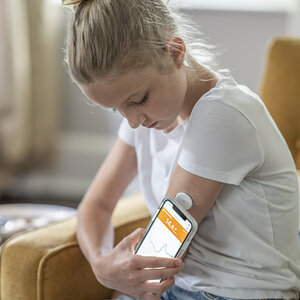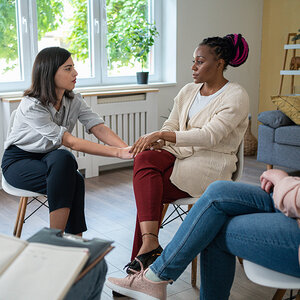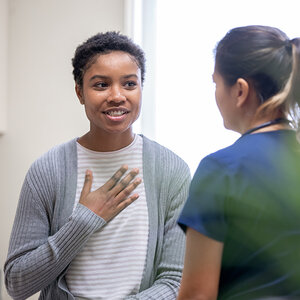Helmsley Charitable Trust awards $12 million for T1D and exercise

The Leona M. and Harry B. Helmsley Charitable Trust has announced seven grants totaling more than $12 million in support of research aimed at helping people with type 1 diabetes (T1D) more safely incorporate exercise into their lives.
According to the trust, the impact of exercise can be unpredictable to those with T1D, and many with the disease avoid it entirely due to the risk of dangerously low blood sugar during or after exercise. Building on the data from the T1D Exercise Initiative (T1-DEXI), the largest observational exercise study in people with T1D, the trust launched an RFP in late 2022 seeking research projects that can provide people with T1D practical management solutions for T1D and exercise.
Recipients include researchers from Stanford University to include education around exercise as an integral part of T1D management into the DiabetesWise platform; researchers from the Jaeb Center for Health Research in collaboration with York University and the University of Pennsylvania in support of an in-clinic pilot study that will examine the safety and efficacy of new, ultra-rapid insulins for better management of exercise-induced glucose levels in adults using Automated Insulin Delivery; and a team at University of Colorado, Denver to support research on the impact of menstrual cycles and hormonal birth control on glycemic response and exercise for people with T1D.
“Glycemic variability and exercise in T1D remains a challenge that current diabetes technology solutions are still not equipped to manage adequately, and available clinical guidelines are too complex or hard to follow in the real-world,” said program officer in Helmsley’s T1D Program, Deniz Dalton. “The initial work with T1-DEXI data offers an incredible opportunity to expand research in this area. The wide range of projects we’re funding will bring us closer to giving people with T1D the tools they need to manage exercise more easily and safely.”
(Photo credit: Getty Images/FatCamera)








